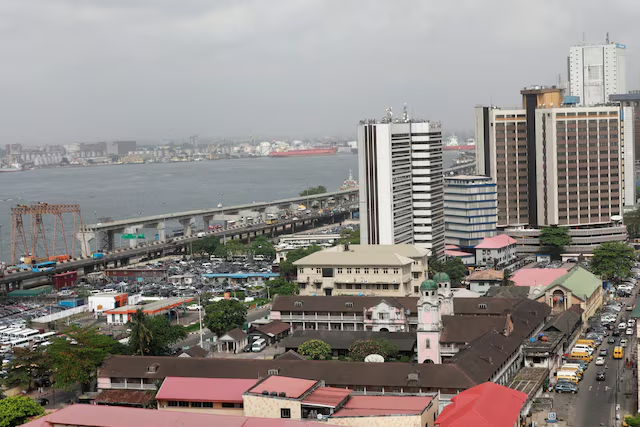Arab States, EU, and 17 Countries Call on Hamas to Disarm and Relinquish Power in Historic Move

By Erewunmi Peace
In a groundbreaking shift in Middle East diplomacy, Arab League nations, the European Union, and 17 additional countries have jointly called on Hamas to disarm and cede control of Gaza to the Palestinian Authority — marking the first unified global stance against Hamas’ continued rule in the territory.
The unprecedented joint declaration was adopted during a high-level United Nations conference in New York, co-hosted by France and Saudi Arabia. For the first time, countries including Qatar, Saudi Arabia, Egypt, and Jordan joined Western powers in publicly urging Hamas to lay down arms and support a transition toward a two-state solution.
“This is a historic and unprecedented alignment. We are calling for peace, for legitimate leadership in Gaza, and for lasting solutions in the region,” said France’s Foreign Minister, Jean-Noël Barrot.
The declaration outlines a clear roadmap:
Hamas must disarm and withdraw from governance in Gaza.
The Palestinian Authority should assume full administrative and security control.
An international UN-backed mechanism will support the transition and reconstruction process.
The aim is to establish a sovereign Palestinian state alongside Israel.
A Turning Point in Arab Diplomacy
While past diplomatic efforts have avoided directly confronting Hamas, this new coalition of Arab and international actors signals a major pivot. Analysts say the involvement of Arab states like Qatar and Egypt, which have historically mediated between Hamas and other parties, adds significant weight to the call.
Additionally, the declaration includes condemnation of the October 7, 2023, attack on Israel by Hamas, which killed over 1,200 people, and reiterates support for peaceful coexistence.
Notably, Israel and the United States did not participate in the New York summit, though they were briefed on the outcomes.
What This Means Going Forward
Pressure is mounting on Hamas from both regional allies and international powers.
Talks of a post-war Gaza may now gain traction, especially around governance and humanitarian aid.
A UN-backed transitional framework is expected to take shape in the coming months.
This declaration is seen as a step toward breaking the deadlock in Gaza and reviving prospects for peace after years of war, division, and humanitarian crises.











































































































































































































































































































































































































































































































































































































































































































































































































































































































































































































































































































































































































































































































































































































































































































































































































































































































